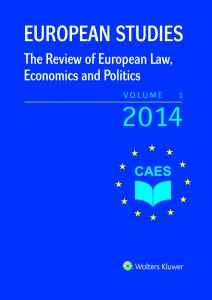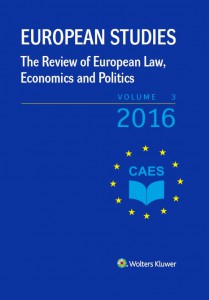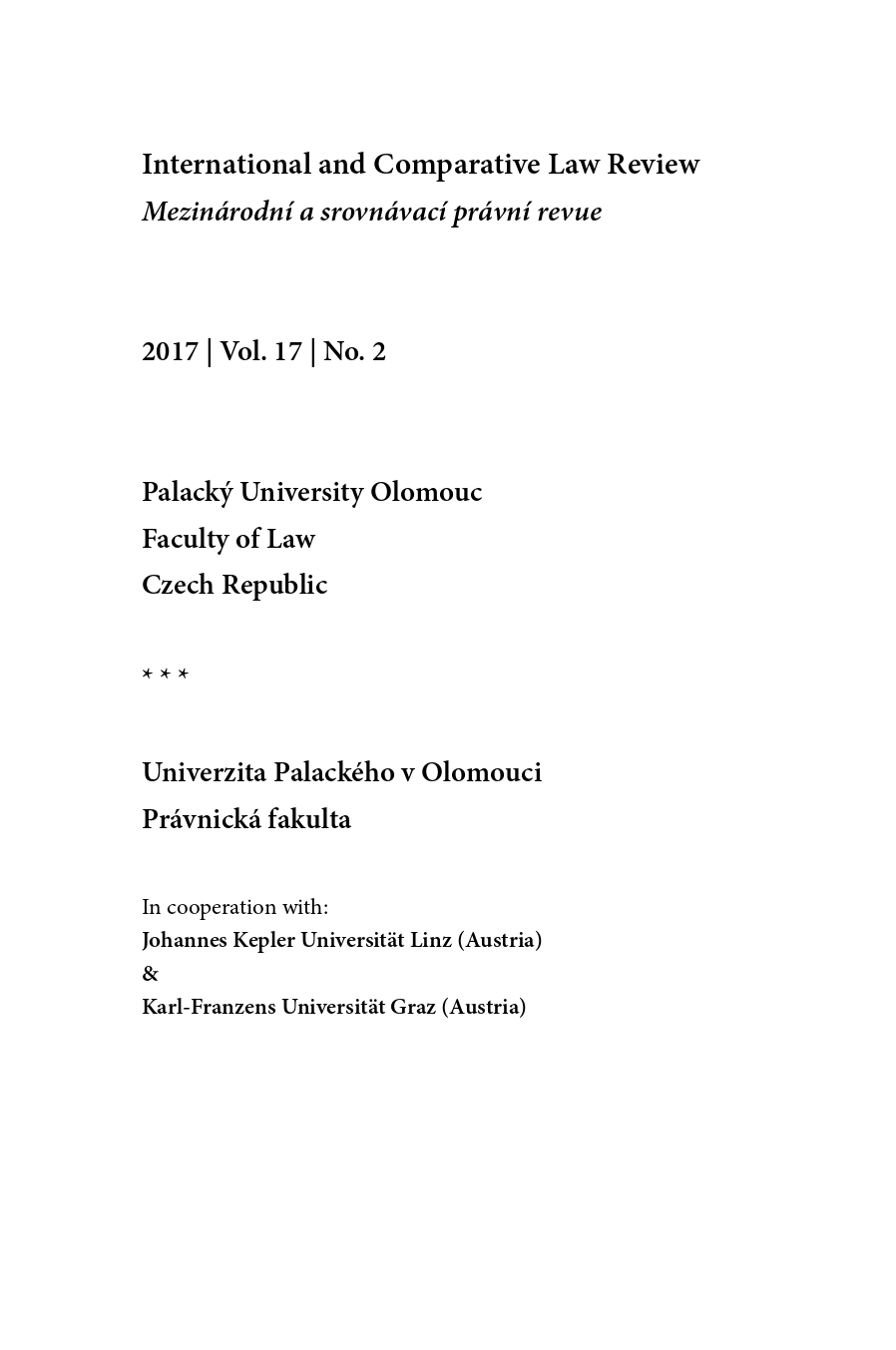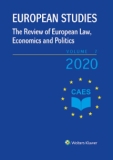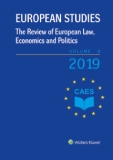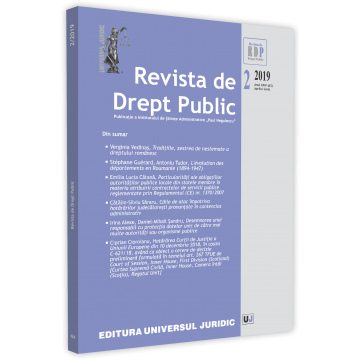Author(s): Mihail Stănescu-Sas / Language(s): Romanian
Issue: 02/2019
Church autonomy, established by Article 29 paragraph 5 of the Constitution of Romania and shaped, according to paragraph 3 of the same article, by their statutes, sets up a specific “internal discipline”. This is defined as the entirety of obligations arising from canonical norms, no matter their simultaneous belonging to the content of certain legal relations. We analyse the particular aspects, derogating form the common legal framework, of church “internal discipline”, following its approach within the case law of the Constitutional Court, the domestic courts and the European Court of Human Rights. We argue that applying canonical norms may incur the overlapping of legal and canonical relations, but the canonical order cannot set aside the legal qualification of certain relations on which it overlaps its own canonical relations. The legal relation forfeits, as a result of this overlapping, the right to legal protection by courts of law, if recognizing the latter would violate church autonomy. This prevails over free access to justice in matters of “internal discipline”, so that the State cannot exonerate anybody from a canonical obligation, not even acting indirectly considering its equally legal nature. The canonical order does not evade the legal order, but instead uses it in order to function. The legal order self-limitation, on the ground of church autonomy, as an exclusively legal product, constitutes either the expression of the collective religious freedom or the balancing solution regarding the scope or the exercise of several competing rights, of which one is the collective religious freedom.
More...
